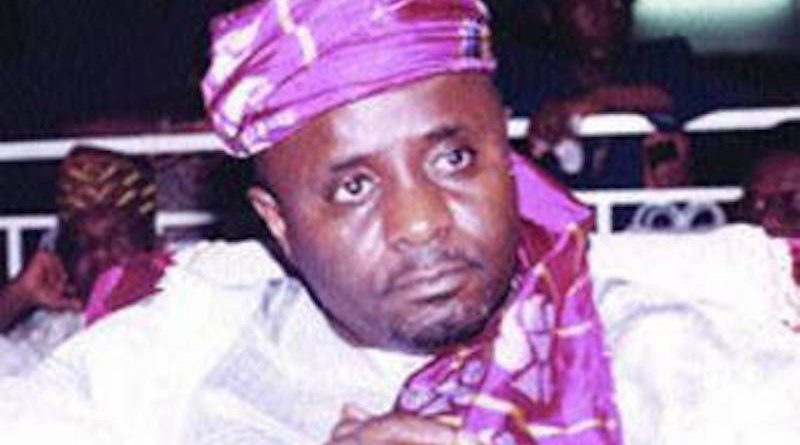Supreme Court Ends 19 Years Kebbi Emirate Dispute…Sacks Mustapha Jokolo
From Ayodele Ajoge, Birnin-Kebbi
The Supreme Court on Wednesday brought an end the 19 years old legal battle over the Gwandu Emirate throne, nullifying the reinstatement of Al-Mustapha Haruna Jokolo as the 19th Emir of Gwandu earlier pronounced by an appeal Court sitting in Sokoto.
In a landmark judgment delivered by Justice Emmanuel Agim, the apex court ruled that the Kebbi State High Court had no jurisdiction to entertain the suit filed by Jokolo because he failed to exhaust the internal dispute resolution mechanisms provided under the Kebbi State Chiefs (Appointment and Deposition) Law.

The court held that under Section 5(4) of the law, any aggrieved person must first submit a formal complaint to the Governor of Kebbi State before seeking judicial intervention.
“This suit was filed prematurely, without first complying with the requirement to present a complaint to the governor. Consequently, the trial court lacked jurisdiction, and its judgment is a nullity,” Justice Agim declared.
Jokolo, who was deposed in 2005 under controversial circumstances, had secured a favorable judgment from the Kebbi State High Court in 2014, which ordered his reinstatement, that decision was upheld by the Court of Appeal in Sokoto in 2016.
However, the Kebbi State Government and the current Emir, Alhaji Muhammadu Ilyasu-Bashar, challenged the rulings at the Supreme Court, arguing procedural non-compliance.
The Supreme Court upheld their appeals, ruling that both the High Court and the Court of Appeal erred in law by proceeding with the matter without prior recourse to administrative channels as mandated by law.
“The failure to first notify the governor stripped the court of jurisdiction to hear the case,” Justice Agim added.
As a result, the apex court set aside the judgments of both lower courts, effectively quashing Jokolo’s bid for reinstatement, but no order was made as to costs.
However, in a dissenting judgment, Justice Ibrahim Mohammed Salami disagreed with the majority, dismissing the cross-appeals and affirming the lower court rulings.
He argued that the governor must act in accordance with due process and the law.
The Supreme Court consolidated four appeals and two cross-appeals into a single proceeding, with all parties agreeing that the outcome of the principal appeal would bind the rest.
Originally scheduled for June 6, the judgment was delivered earlier on June 4 to accommodate the upcoming Eid-el-Kabir holidays.




